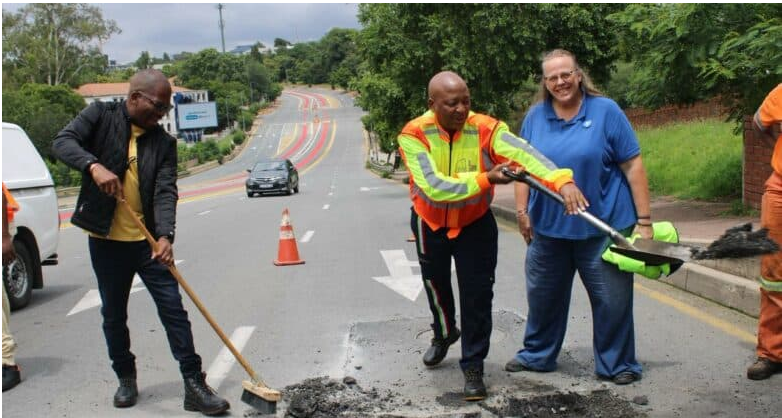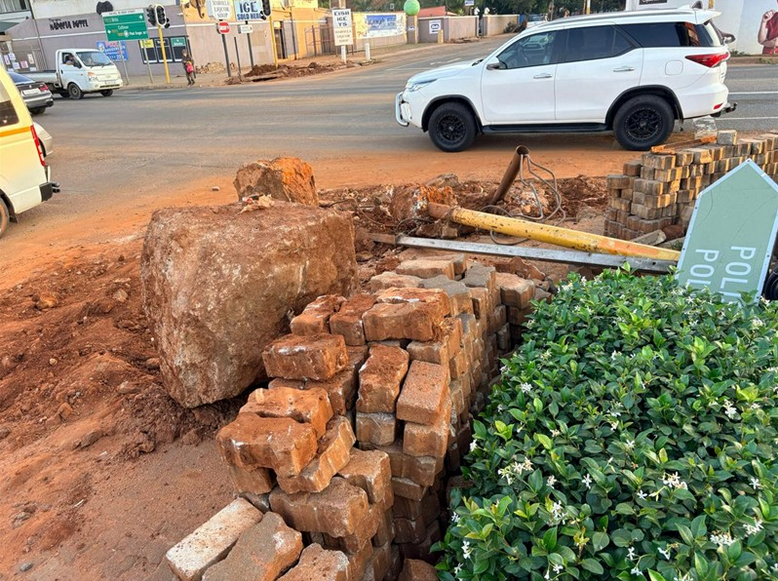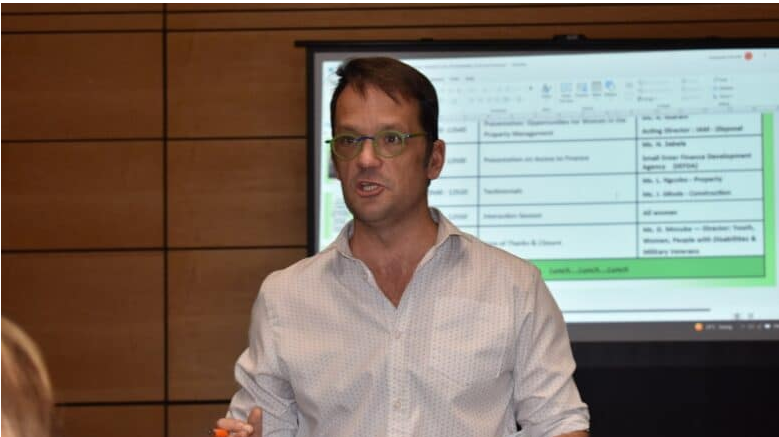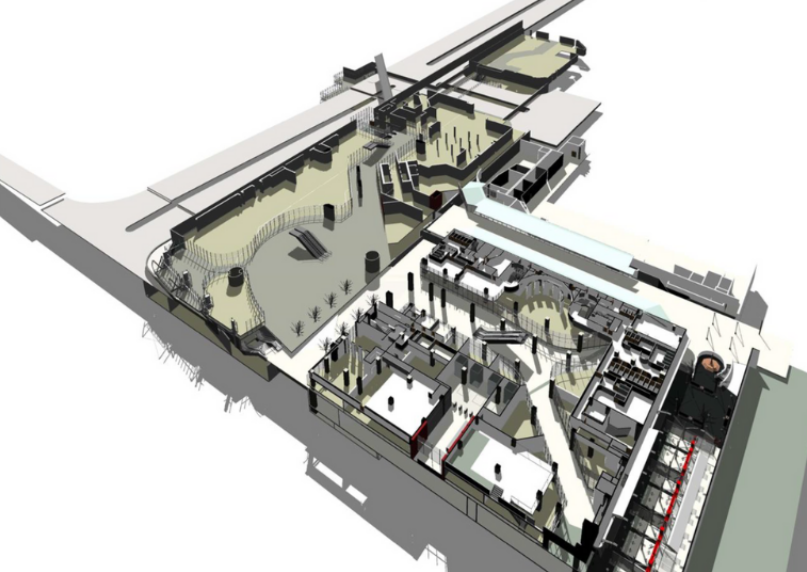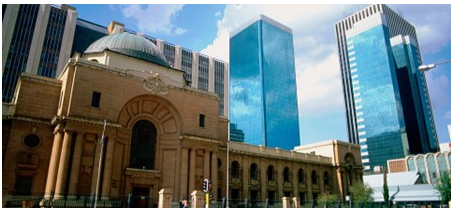TREVOR MANUEL: Our problem: spending more on the past than the future

Advertising
13-03-2020
Read : 761 times
Business Live
Source
The solution is to focus on four major challenges: unemployment, inequality, public services; and the public-sector wage bill
SA has had two major shocks in as many weeks. First, the GDP statistics for the fourth quarter of 2019 were released. The quarterly shrinkage of 1.4% was larger than most economists predicted and, when read with the -0.8% growth in the third quarter, confirmed that we are in recession.
An unstated but worrisome fact is that the sectors that showed the steepest declines are those black entrepreneurs that have largely migrated to: agriculture (-7.6%); transport & communications (-7.2%); construction (5.9%); electricity, gas and water (-4%); and manufacturing (-1.8%). As the markets have shown us in recent days, the global effect of the coronavirus will undoubtedly mean that the situation will become increasingly serious. It is virtually impossible to transform an economy that is not growing.
The bleak GDP numbers came on the back of a second set of economic data shocks. On February 26 the 2020/1 budget was unveiled by the finance minister. It’s important to reflect on the urgency of the messages in Tito Mboweni’s pointed budget speech. It points out that “revenue and expenditure are at historical highs …”, with the fiscus taking severe strain from the burden of rising debt service costs and the effect of the wage bill, while the quality and effectiveness of public services has added further pressure.
The effect is devastating and measurable. The lack of growth has a significant effect on jobs and revenue, not to mention our ability as a country to spend on public services appropriately and confidently. A focus just on the debt numbers is sobering. The debt service costs amount is projected to be R229.3bn. Consider that we will spend R229.7bn on a critical line item: health. The deficit is expected to increase to 6.8% in the current fiscal year. The government is essentially having to borrow R2bn each trading day.
There is absolutely no policy room and little scope to introduce new spending. As a consequence of a shrinking economy and a lack of confidence, our revenue yields are low. The revenue shortfall for the current year is projected to be about R64bn. The population is now approaching 60-million, but we have only about 13-million contributors to personal income tax. This clearly is an unsustainable equation.
Reflecting on the growing debt service costs, Madiba once remarked: “That money has already been spent and we are now only paying interest. There is something very wrong when we spend more on the past that on the future!”
Further compounding the dire economic situation are the revelations we have heard at various commissions of inquiry — Zondo, Mpati and Nugent — and in the courts about the fitness of individuals to hold office. There are also stories from private-sector companies that once appeared to flourish from the ill-gotten corrupt supply chains in the greater public sector. We all know now that it was the unfettered abuse of at least a decade that has led to this fiscal crisis. Consequently, we must demand — repeatedly and loudly — that perpetrators from across the political and business spectrum are tried and convicted.
At the risk of dimming our prospects even further, the tale is incomplete until we include the ravages of once-proud institutions now destroyed. There are three examples of institutional decay I want to highlight. The first, is that there are few among us who are not horrified by the state of local authorities — as the developmental economist Ayabonga Cawe recently reminded us in reflecting on his hometown in the Chris Hani district. There is frequently no water or sanitation, poorly functioning clinics, no roads — not even gravel ones — to speak of. How do we expect parents to raise families under such conditions?
The second is a state-owned bank with a defined mandate, the Land and Agriculture Development Bank (Land Bank). In January Moody’s downgraded the credit rating of the Land Bank to junk. The third is Eskom, an institution that for some years after 1994 had a credit rating better than the sovereign. Eskom had a debt-to-equity ratio of 0.63 in 2000 and could borrow from capital markets against its own balance sheet without state guarantees. It had six power stations mothballed because they were surplus to energy demand, ran a phenomenally strong programme for the training of black engineers and technicians and had access to the best design technologies in the world.
Most people in government and the private sector have effectively opted out of public services. We all have medical aid and are spared the horrors of public health care. Many if not most who have children send them to private schools. We mostly live in areas where there are private security patrols, because our country’s policing is appalling. We rarely if ever travel by public transport. We must recognise that we are a privileged minority in our country. All of the services mentioned are in a state of rapid deterioration. As the costs of public services rise, the quality declines.
Yet solutions are within our reach. If we focus on four major challenges, we can make a huge difference. These are unemployment, especially among young people; inequality, with the elite firmly on one side of that equation; the quality of public services; and the now-unaffordable public sector wage bill. Clearly some of these are more within grasp than others but all must be solved in the short term. Even fiscally, the situation is not entirely beyond redemption.
Then there is the wider challenge of constructing the largest all-in effort at delivering on the constitutional mandate — both to construct equality before the law and to improve on the living standards of all citizens. Given the extent of backsliding, these tasks cannot be deferred, nor can they be resolved by mere lip service.
This is a call to urgent action, fellow South Africans. Those who are in leadership positions must put aside the petty differences that divide us so that we are able to speak with one voice. As much as the government needs to speak as one and desist from sending mixed messages, so too should business and labour.
Recognising that the crisis at hand necessitates a united front, we must particularly find ways to overcome the divisions that exist between organised business formations so that the most critical driver of economic growth, the private sector, can address the challenges as a united entity. We dare not waste time. Bold, steadfast leadership is required from all of us.
• Manuel is a former finance minister, chairs the board of Old Mutual and has directorships. This is an edited version of a speech he delivered at the Black Business Council last week.
Recent News
Here are recent news articles from the Building and Construction Industry.
Have you signed up for your free copy yet?
